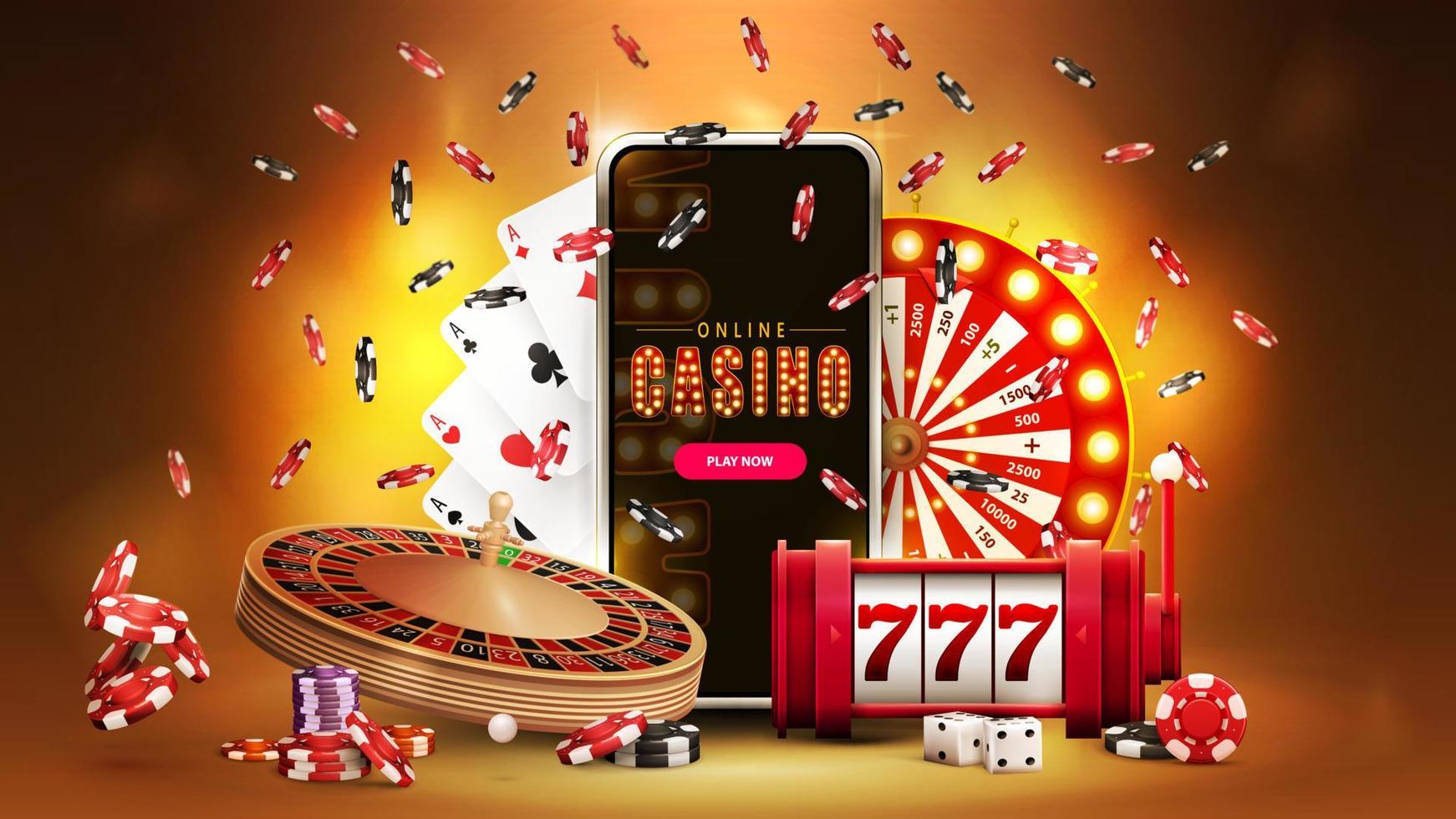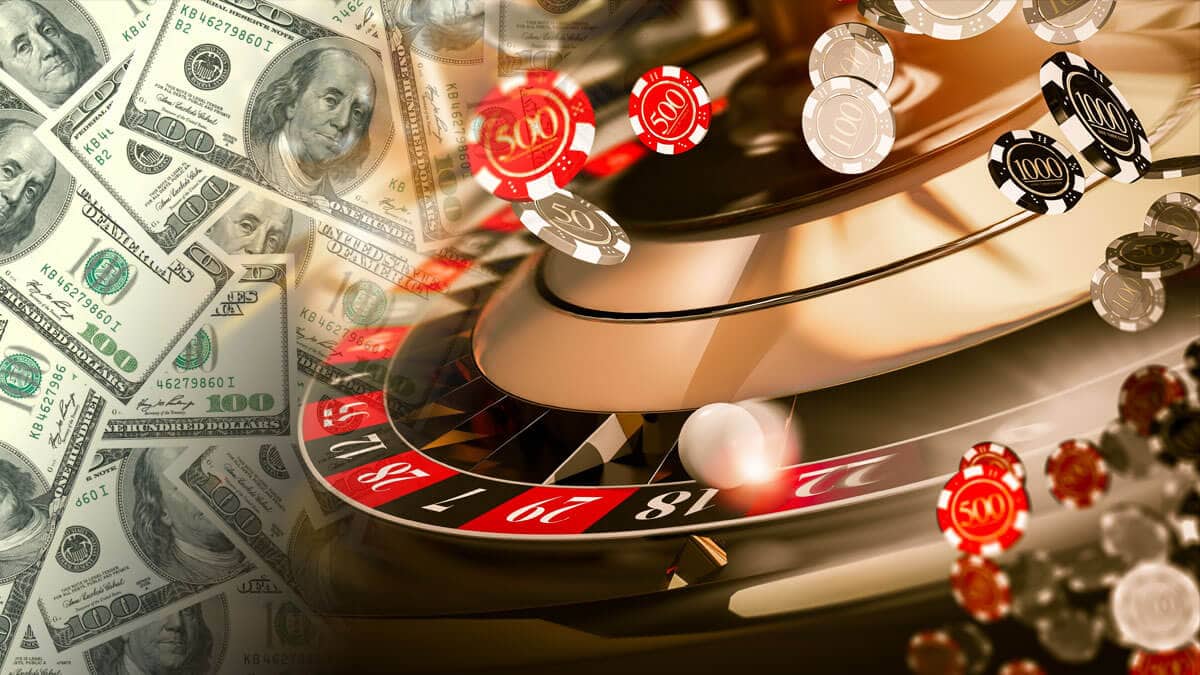
Why We Gamble
At first glance, gambling may appear as a simple matter of chance and fortune. Yet behind the slot reels and digital cards lies a complex web of human emotions, choice, and psychology. Whether walking into a grand casino floor or clicking “spin” online late at night, what we really chase is not just money but a sensation — the thrill of possibilities.
In the digital era, platforms such as https://www.brigades.info/ showcase how accessible and emotional gambling can become. Through clever design, reward systems, and instant interaction, online casinos are no longer just spaces for games; they are digital playgrounds of human behavior, curiosity, and sometimes, vulnerability.
The Online Casino Journey
Modern casinos have evolved rapidly, sometimes too fast for our emotions to keep up. Online platforms blend entertainment and risk seamlessly. Registration often takes a minute, payments feel almost frictionless, and rewards are dangled like brightly colored invitations.
First Touchpoints
The beginning is innocent. You sign up, maybe driven by curiosity, maybe boredom. Slots with vivid graphics spin before you, and even if you don’t win, there’s excitement in watching. The brain loves stimulation, and online casinos know this better than most industries.

The Lure of Bonuses
After the first spin, something happens — a gentle message offers “welcome bonuses” or “free spins.” The decision to continue, at this point, shifts from chance to psychological pull. It’s designed to keep your interest, to turn you from a one-time visitor into a returning player.
Bonuses and Expectations
Bonuses might seem like pure generosity, but they serve as the first layer of relationship between player and platform. The sense of being “rewarded” for minimal effort sparks optimism. However, those same rewards can subtly extend playtime, leading one deeper into the experience.
- Welcome packages can multiply initial deposits several times.
- Loyalty schemes reward engagement, making players feel noticed.
- Special tournaments create community competition and camaraderie.
It’s an intricate loop of encouragement, prediction, and fulfillment — a dance between human choice and machine probability. Still, we keep clicking, because the next spin could change everything. Or maybe it won’t, but the belief remains.
Luck vs. Choice
Here lies the heart of gambling’s paradox: the illusion of control. While outcomes are determined by chance, players constantly interpret patterns, symbols, and timing as meaning something. I’ve caught myself thinking a slot “owed me” a win after several losses, though logically, I knew better.
Maybe that’s part of the human side of it — wanting to believe that our actions have direct consequence in systems designed for randomness. It’s a mental intersection between chance and choice where most of gambling’s power lives.
- We choose to play.
- We choose how much to stake.
- We decide when to stop (or not).
Every small decision is layered with logic and emotion. The autonomy feels liberating, yet that same freedom can lead to overconfidence. It’s fascinating and dangerous in equal measure.
The Social Echoes of Gambling
Online gambling doesn’t happen in isolation anymore. Chat features, player rankings, and live games introduce interaction. People witness each other’s wins and losses in real-time. It can be encouraging but also subtly competitive.
- Seeing others win often fuels the «one more try» instinct.
- Group experiences make virtual casinos feel surprisingly human.
Behind every avatar, there’s a person making tiny emotional negotiations — to risk, to wait, to hope. Gambling creates invisible communities where excitement and disappointment coexist as universal languages. And maybe that’s what makes it more than just entertainment: it’s connection under uncertainty.

Conclusion
The story of gambling has always been about humans, not odds. Every button click and every chip slide reflects something deeply personal — curiosity, hope, strategy, or even denial. From casinos filled with laughter to the quiet glow of online platforms, we are continually balancing between chance and choice.
Perhaps that’s why gambling endures. It speaks to our longing to test fate just once more, even when we know the game is random. Because sometimes, the act of choosing itself feels like victory.